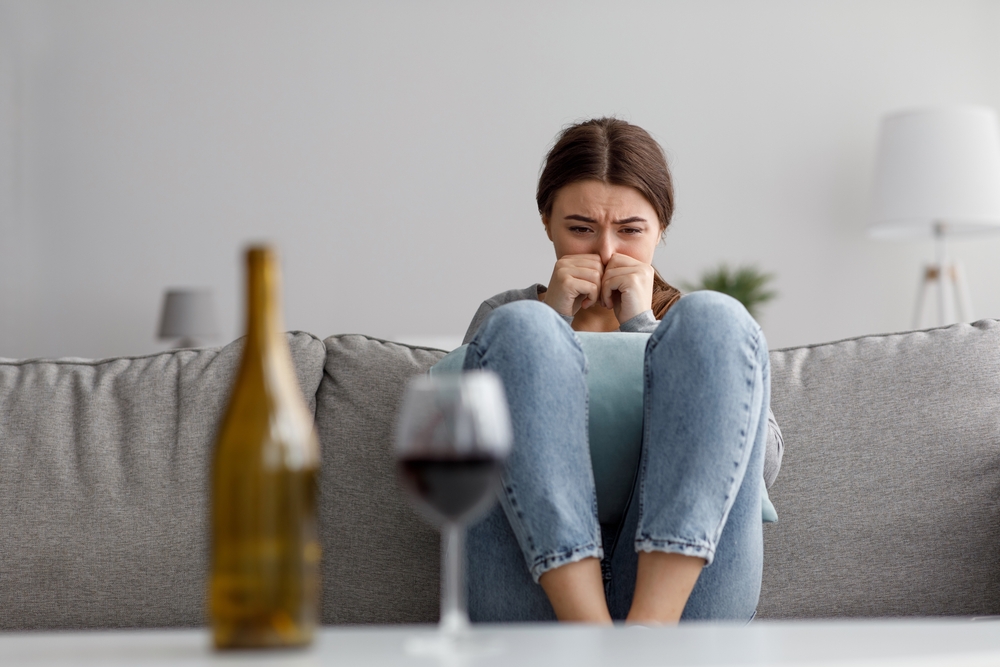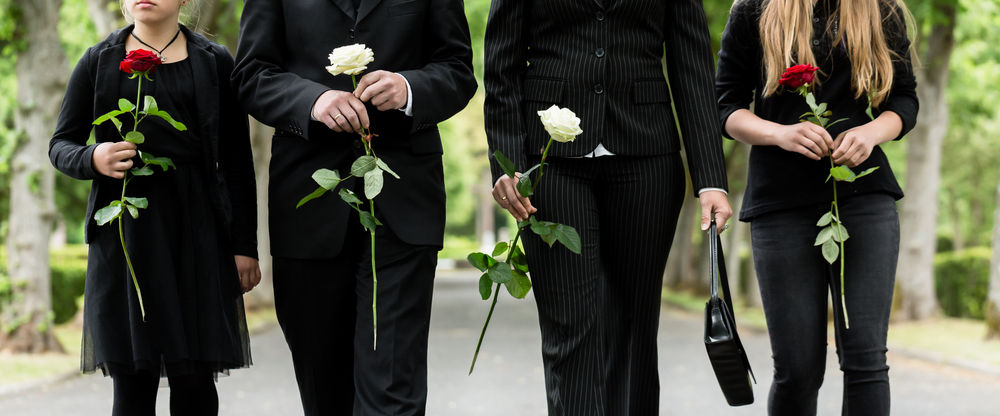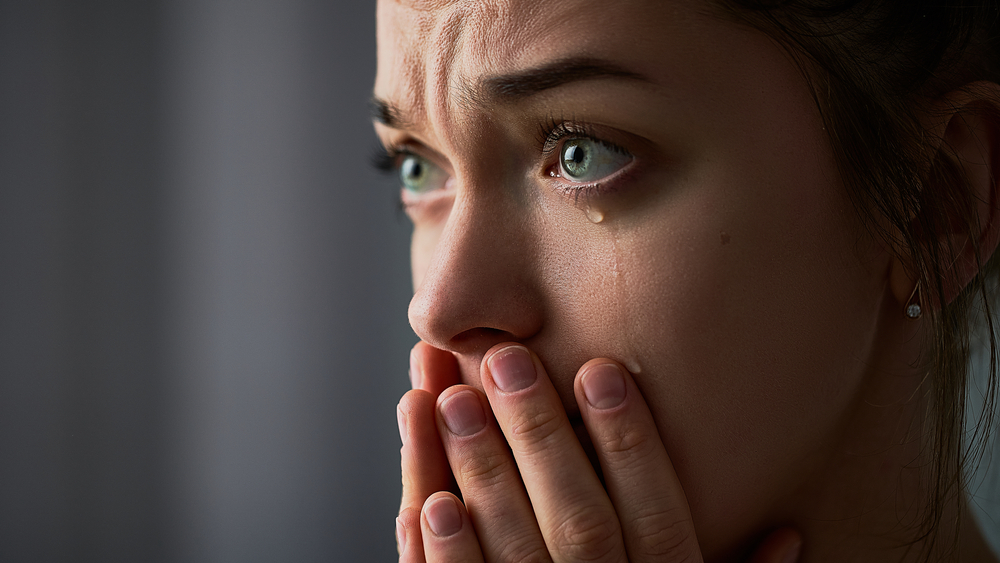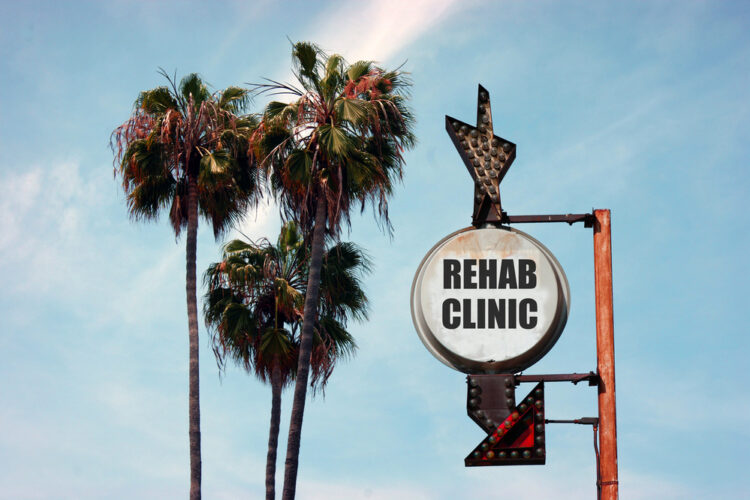
Dealing with grief in addiction recovery
Grief and addiction are interlinked, one often having an impact on the other. Grief and trauma are two of the most common root causes of addiction with many individuals turning to the use of alcohol, drugs, or compulsive behaviours as a method to cope with difficult and distressing emotions.
Addiction itself creates huge losses. Dependency on, or the abuse of, substances or behaviours will eventually consume more and more of a person’s time, attention, and money. Leading to familial estrangement, damage to health, and financial insecurity.
Even after someone has got treatment for their addiction, the loss of a loved one or a traumatic event, especially in early sobriety, can be devastating to the recovery process and in some cases can trigger a relapse.

Grief and addiction
Everyone will experience some type of significant loss in their lifetime. The death of a loved one, going through a divorce, a change in health or financial circumstances – these can all create feelings of sorrow and anguish.
People grieve for any number of reasons. It is the emotional reaction to a painful event. People express their emotions in many ways, tears, anger, withdrawal, sadness, anxiety, irritation. No two individuals will react the same and there is no definitive time limit for how long it will last.
For some the intense sorrow simply becomes too much to bear, and others just want to feel nothing. Some individuals will turn to the use of substances or engage in negative behaviours to try and numb the pain or to try and avoid the feelings completely.
What starts off as a way to make themselves feel better can turn into an addiction. Drugs, alcohol, gambling, sex – and any other excessive or extreme behaviour – can all be used to soothe or dull the pain that grief and loss bring. Unfortunately, these actions don’t take away, or deal with the underlying emotions, they just suppress them to be revisited later, by which time they are often twisted and magnified.
Getting into recovery is when an individual gets the chance to deal with a lifetime of loss, trauma, and bottled-up grief, with the added feelings of guilt and shame around their behaviours and actions during those periods.

Coping with grief in addiction recovery
Addiction recovery is all about developing new strategies to deal with whatever life throws at you. Facing loss and grief in recovery is daunting, whether it is dealing with a new loss or previously suppressed grief that has never been properly addressed.
Learning new methods of coping and maintaining healthy habits whilst experiencing the intense and sometimes overwhelming emotions that will surface is essential to easing the mental burden, whilst still protecting your recovery.
Here are some important things to remember during the grieving process:

Give yourself time and allow the feelings
There is no rulebook for grief. Everyone will experience it differently, and for each person, it will take as long as it takes. Grief can be needy and all-consuming – and you need to give yourself permission to feel.
Using drugs, alcohol, and compulsive behaviours were often ways to not feel difficult emotions. This didn’t deal with the issues at hand, those feelings were buried deep down inside and left unaddressed, allowing them to fester, grow and become destructive.
Pretending that you are okay when you are not, does not make grief go away. You need to go through the process, validate your grief and find a healthy way of expressing and working through your feelings. Talking to others helps and so does grief counselling.
Crying is also okay. It can be the body’s way to reduce stress and soothe itself. It is a normal reaction to loss. It doesn’t matter whether it’s days, weeks, or years after the event. If you feel like crying, let yourself go – don’t bottle things up.

Stay connected to your support network and recovery meetings
Whether you started your journey of recovery at a rehab centre, or through attending peer group fellowship meetings; one of the first and most important lessons learnt is to stay in touch with other like-minded individuals. This is especially important when you are struggling or if you are going through a painful or challenging period. Reaching out keeps you connected and accountable.
Make sure you have regular check-ins with your sponsor and close friends. Stick with familiar routines, like readings, meditation, and journaling. Keep up with your regular recovery meetings. There is a temptation to isolate at difficult times – this is when you need your support network the most.

Stay healthy – eat well and keep active
You may not feel like eating, or you may want to eat junk food. Even if you don’t feel like it, try to eat as healthily as you can. This will give your body the fuel it needs to get things done, and it will arm itself against the physical aches and pains, weakened immune system and loss of energy that are all common side effects of grief.
A little gentle exercise also helps when grieving. Not only does exercise naturally raise the body’s endorphins, making things feel and seem a bit better, but it will also help with sleep – which can prove to be illusive during times of stress.

Be aware of triggers and important dates
Many things can intensify or reignite feelings of grief; visiting familiar places; certain dates – birthdays, anniversaries, Christmas; reading letters, emails, texts or seeing old photos; sorting through a lost loved one’s possessions; it is sensible to be prepared for these events.
Talk to your inner circle, spend these days with a trusted friend or fellows, ask for help – you don’t have to be alone. In fact – you shouldn’t be. Despite your head telling you to shut the world out, do the opposite – it will reduce your risk of relapse and help you move through the grieving process.
Dealing with death, loss or trauma and recovering from addiction is a process. It is possible to maintain sobriety and live a life free from the pain of grief without the use of substances.

Rehab in Spain
Have you experienced a significant loss or trauma? Do you think your use of substances like drugs, alcohol, or prescription medication is related to unresolved grief?
Here at our private, exclusive luxury rehab clinic, set on the beautiful island of Ibiza, we can help. We have a team of highly qualified international staff offering treatment for conditions such as alcoholism, addiction, substance abuse, anxiety, depression, PTSD, and other associated mental health disorders.
For information on admissions contact [email protected]
Share this information, choose your platform!
Has lockdown changed the way you gamble?
Gambling during lockdown Amongst all the other restrictions caused by the covid-19 lockdown, the closure of high street betting shops and high stakes casinos didn’t rank highly in most people’s minds as a serious problem. In fact, many will have …
The impact of addiction on the family
Addiction is a devastating mental health disease that impacts the whole family. Not only do family members have to watch someone they love kill themselves slowly, through drink, drugs, or a behaviour, but the effects are far-reaching as it influences …
13 Things to look for in a good rehab
Addiction and mental health care: choosing the right place for treatment. Accepting that you may have, or that someone you love, has; a substance use disorder or a mental health condition, is never easy. It can be incredibly difficult to …
Time to Talk Day – February 3rd 2022
Mental health and substance use disorders affect 13% of the world’s population, that is approximately 970 million people that are living with a problem affecting their psychological well-being. Regrettably, only half of those people will get the help they so …









